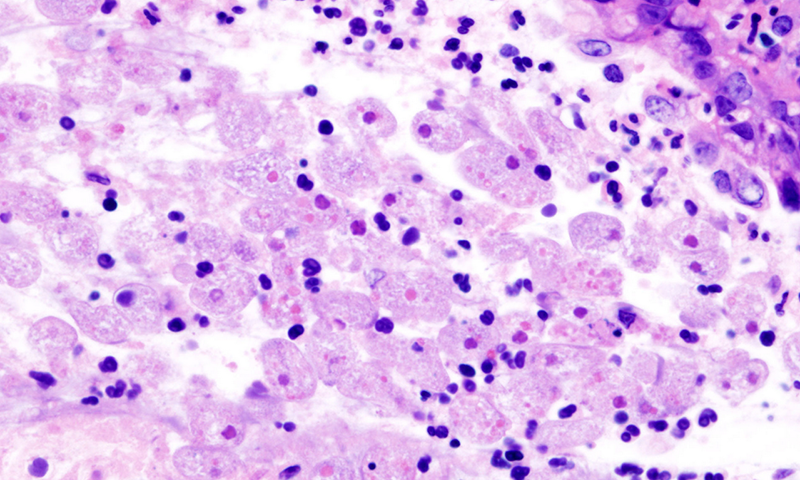Responsible societies learn from experience, hence it would be wise to take seriously the potential threats that Naegleria fowleri — also referred to as ‘brain-eating amoeba’ — poses to the people of Karachi.
Apparently, two deaths caused by the amoeba have been reported in the city over the past 15 days, bringing the total number of fatalities caused by the organism this year to three. Last year, at least 14 people lost their lives to complications linked to the amoeba.
Know more :Alarm as ‘brain-eating amoeba’ kills two more in Karachi
The organism is found in swimming pools and freshwater sources, while sufficient chlorination of water is considered a sufficient safeguard. However, as studies in the past have shown, a significant portion of Karachi’s water has been found to be insufficiently chlorinated.
While there should not be any panic, local authorities must scientifically examine the causes of the recent deaths, as well as test water samples. Failure to do so can cause more loss of life.
Also read: Naegleria Fowleri: Barricading the brain against the amoeba
The authorities should gather proper case histories of the victims to determine if they came in contact with the amoeba through swimming, or the use of tap water.
Above all, major stakeholders — the health department, the Karachi Metropolitan Corporation as well as the Karachi Water and Sewerage Board — must evolve a coordinated strategy to deal with the issue.
Testing the city’s water and chlorination levels are essential in this regard — the deaths caused by the amoeba raise questions about the overall quality of Karachi’s water. And while discussing public health, it would also be worth examining the situation in other cities, such as Lahore, to see if the state is ready to deal with seasonal illnesses especially major threats such as dengue.
Reports indicate that the authorities in Punjab have been vigilant about preventing a dengue epidemic this year. We hope the administration remains active in all the areas where dengue has been a threat in the past. It is much better to prevent public health emergencies instead of scrambling for answers in their aftermath.
Published in Dawn, May 18th, 2015
On a mobile phone? Get the Dawn Mobile App: Apple Store | Google Play











































